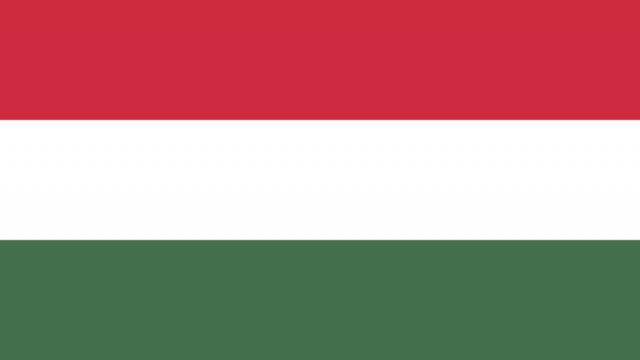Hungary
Hungary has achieved 58.9% basic digital skills coverage, compared to the EU average of 55.56%. This puts Hungary at 73.6% of the overall target for the EU 2030 goal, which aims to have 80% of the EU population possessing at least basic digital skills. According to the Digital Decade report 2025, Hungary has not surpassed the EU average of 5%, despite increasing from 4.2% to 4.5% last year. The share of female specialists in 2024 was 15.2%. Hungary boasts a very good digital infrastructure, but it still lags behind in the digitalisation of businesses despite recent progress, while access to e-Health records is above the EU average.
The Hungarian National Coalition was established with official launch in December 2016 as a response to the critical situation in the digital labour market, which has for years encouraged IVSZ (the ICT Association of Hungary) to think together, plan, develop and communicate manifestos and strategies.
More information is available in the Digital Decade 2024 report and the Hungarian National strategic roadmap for the Digital Decade.
Under the digital state pillar, the strategy aims to enhance digital development in public administrations, establish a data-driven administration, and develop smart settlements and areas. The National Social Inclusion Strategy 2030 focuses on improving digital literacy, developing digital infrastructure in disadvantaged regions, and enhancing IT infrastructure in schools.
The Hungarian Recovery and Resilience Plan (RRP) allocates a significant budget to digital transformation, aiming to develop a skilled workforce through digitalizing education and research. The plan also focuses on modernizing higher education, promoting adult learning, and developing vocational education and training institutions.
Austria ranks 15th out of the 27 EU Member States in the DESI dashboard for the Digital Decade for the 'At least basic digital skills' indicator, with 58.9% of its population possessing at least basic digital skills.






